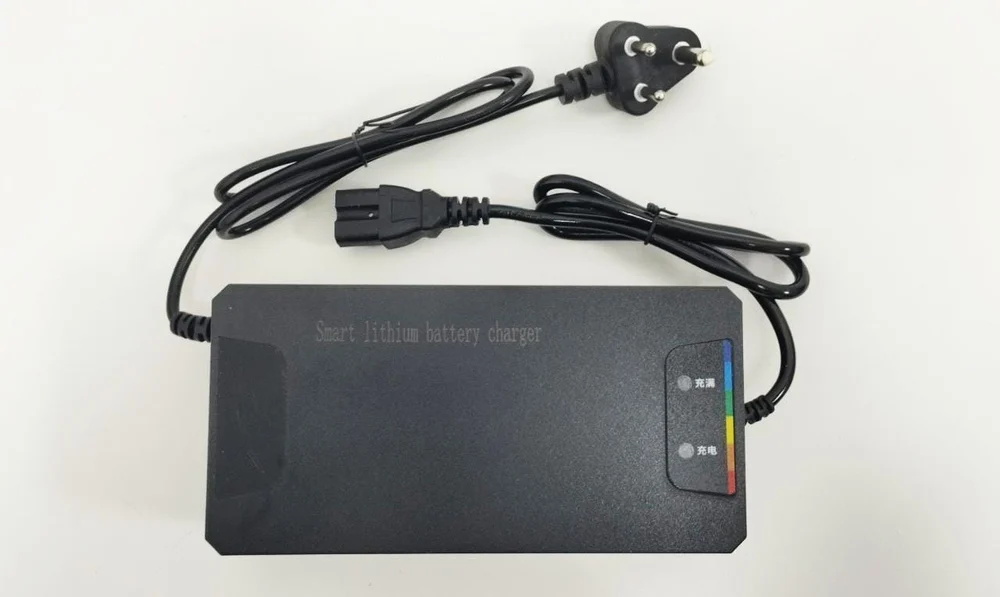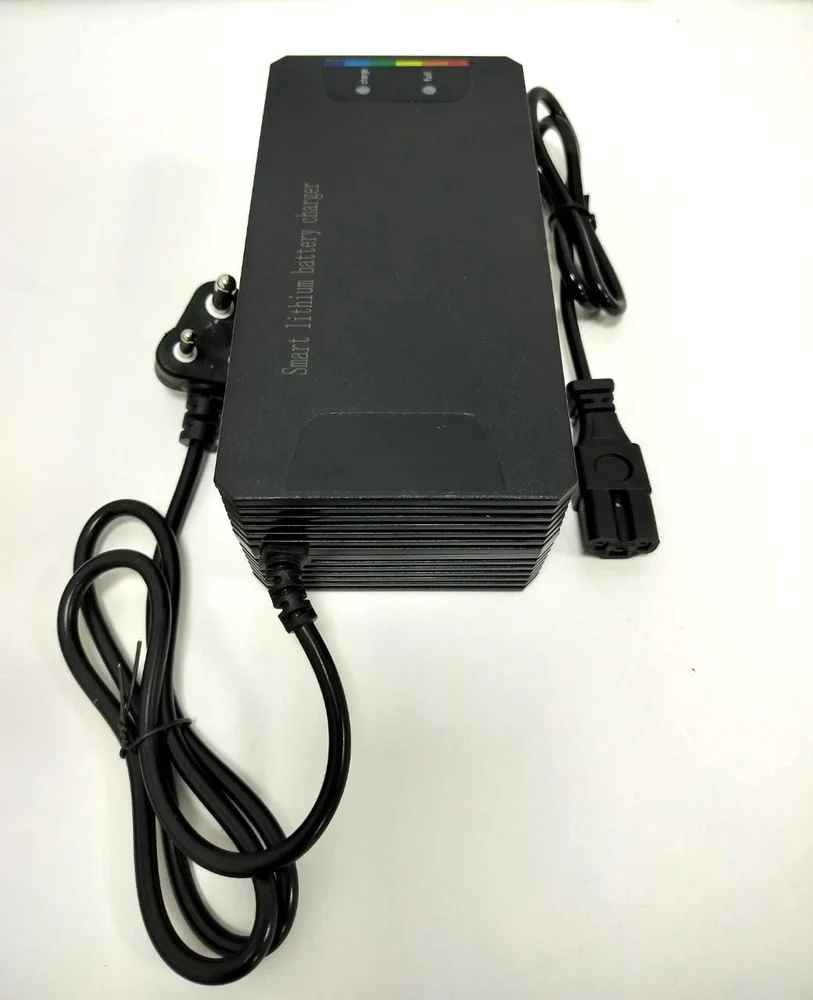The sustainability of electric vehicle (EV) chargers depends on several factors, including their energy source, efficiency, and lifecycle impact. Here are some aspects to consider:
Energy Source: The sustainability of EV chargers depends on the energy used to power them. If the electricity comes from renewable sources such as solar, wind, or hydro, it greatly enhances the environmental benefits of electric vehicles. However, if the electricity is generated from fossil fuels, the overall sustainability is diminished, as it contributes to greenhouse gas emissions and air pollution.
Efficiency: The efficiency of EV chargers affects their sustainability. Higher charging efficiency means less energy waste during the charging process. Improvements in charger technology have led to increased efficiency, resulting in reduced energy consumption and associated environmental impacts.
Grid Infrastructure: The sustainability of EV chargers is also influenced by the capacity and resilience of the grid infrastructure. A well-designed and upgraded grid system can handle the increased demand from widespread EV charging without straining resources or relying heavily on fossil fuel-based power generation.
Life Cycle Assessment: Considering the entire lifecycle of EV chargers is crucial for sustainability analysis. This includes the extraction of raw materials, manufacturing, transportation, installation, operation, and eventual disposal or recycling. Minimizing the environmental impact at each stage is essential to ensure sustainability.
Recycling and End-of-Life Management: Proper disposal and recycling of EV chargers at the end of their life cycle are vital for sustainability. Efforts should be made to recycle materials, minimize waste, and responsibly manage hazardous components.
Scalability and Accessibility: As the adoption of electric vehicles increases, the scalability and accessibility of charging infrastructure become critical. A well-distributed and easily accessible network of chargers, including fast-charging options, promotes the widespread adoption of electric vehicles and improves their overall sustainability.
It's important for policymakers, manufacturers, and stakeholders to prioritize sustainable practices in the design, manufacturing, operation, and disposal of EV chargers. By focusing on renewable energy sources, efficiency improvements, lifecycle assessment, and responsible end-of-life management, the sustainability of EV chargers can be significantly enhanced.
General Inquiries
There are no inquiries yet.













Reviews
There are no reviews yet.